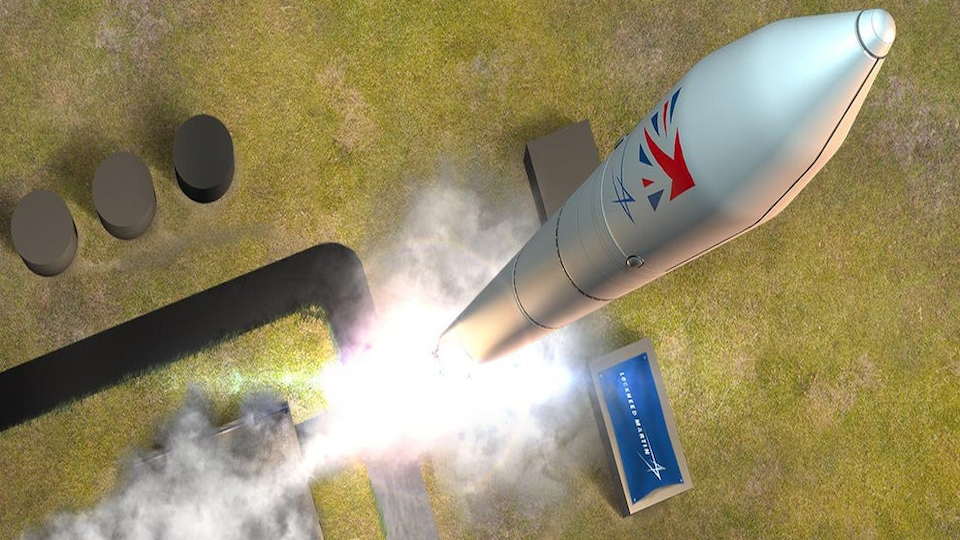The UK’s space sector is experiencing rapid growth, demonstrating global competitiveness and playing an increasingly vital role in various aspects of the economy, national security, and day-to-day activities.
Space
The UK presents promising prospects in the space sector, currently contributing over £16.4 billion annually to the UK economy and providing employment for 45,100 individuals. Considering the global space economy is anticipated to reach £490 billion by 2030, the UK has introduced a National Space Strategy. The Prime Minister has pledged to lead internationally, envisioning “Global Britain” transforming into “Galactic Britain.”

Opportunity highlights
The UK aims to enhance its space sector by welcoming more businesses, researchers, and innovators, and by facilitating access for UK-based companies to international markets.
Strong Market Presence
The UK possesses established areas of commercial and technical expertise that the government actively nurtures. It has a global reputation for spacecraft manufacturing and complex payloads, particularly in small satellites. Additionally, the country excels in ground-based manufacturing and services related to high-end navigation systems and satellite communications. The UK’s robust professional services sector supports space companies of all sizes across various sub-sectors, including startups and large primes, with international partnerships.
Ambitious Growth
The National Space Strategy outlines key areas of focus and opportunities for the UK over the next decade in both civil and defence space domains. These opportunities encompass satellite-enabled broadband, in-orbit servicing and manufacturing, space-based energy, and more. The UK adopts a commercially led approach to support companies through innovative regulation, business assistance, and global partnerships.
Global Engagement
As part of its “Global Britain” initiative, the UK actively promotes and attracts investment across its space sector. The country is committed to integrating space trade agreements into future Free Trade Agreements and forging innovative partnerships like the UK-Australia Space Bridge. The UK maintains relationships with crucial international space partners and organizations, including the USA, Japan, India, the United Arab Emirates, and the European Space Agency. This positions the UK as a hub for companies worldwide to expand and operate within a broader international community.
Commercial maturity
The UK’s thriving space economy is valued at £16.4 billion, and it actively promotes and supports businesses, researchers, and innovators across various sub-sectors in the space industry. The UK adopts a commercially driven and supportive approach and is at the forefront of modern space regulation. This regulatory framework is designed to accommodate current and future spaceflight and satellite technologies while ensuring flexibility to safely support the pace of innovation.
The UK is well on its way to establishing a comprehensive range of end-to-end space services, which include:
- A strong base for science and technology development.
- Satellite design, manufacturing, and operational capabilities.
- Financing and insurance services for the space sector.
- Downstream analytics and data services.
- The development of a space launch capability.
These components position the UK alongside the most advanced spacefaring economies globally.
UK assets
The UK offers diverse regional opportunities for the space industry:
The Midlands
Leicester, located in the Midlands, hosts a cluster of space technology companies and significant new developments. The presence of assets such as the University of Leicester and Space Park Leicester ensures close academic ties and access to a pipeline of talent. The region also provides various facilities for research and development (R&D).
Scotland
Scotland is home to one of the UK’s largest employment clusters in space-related industries, with around 7,000 employees. Leveraging its strong scientific heritage and history in small satellite manufacturing, Scotland is a prominent hub for the space sector. The region is further enriched by the £45 million Bayes Centre, which houses world-class data science and artificial intelligence capabilities, complementing its excellence in data analytics.
South of England
The South of England, particularly Harwell, serves as a significant space cluster with a thriving ecosystem. It offers unique access to national facilities and is supported by various private and public funding organizations. Harwell is renowned for hosting the £105 million National Satellite Test Facility and the headquarters of the pioneering Satellite Applications Catapult. It has proven to be an effective incubator for small startups, accommodating over 100 space companies in this cluster alone.
Wales
Wales is an attractive location for horizontal launch activities and possesses notable capabilities in photonics. It hosts a dedicated compound semiconductors cluster, complemented by state-of-the-art research facilities, making it a promising region for space-related endeavors.
R&D capability
The UK’s well-developed space sector is supported by a robust research and development (R&D) capacity. Here are some key aspects of the UK’s R&D support in the space sector:
University Collaboration
Top-tier universities play a pivotal role in driving R&D in the space sector. They work in collaboration with organizations like the Satellite Applications Catapult, which serves as a bridge between academia and industry, facilitating the commercialization of innovative space technologies.
Funding and Grants
Various forms of R&D support are available in the UK. The UK Government offers R&D tax credits and grants with a focus on innovation. These initiatives provide financial incentives for businesses engaged in research and development activities.
International Collaborations
The UK’s global Science & Innovation Network fosters collaborations between UK-based researchers and international partners. These partnerships aim to advance mutually beneficial technologies and innovations. For example, the UK has established the UK-Australia Space Bridge, enabling collaboration with Australia on space-related initiatives.
Investment in R&D
The UK maintains a favorable climate for research and innovation. In 2019, the space sector witnessed an expenditure of £702 million on space-related R&D. This investment is indicative of the country’s commitment to advancing technology and knowledge in the field.
Defence Science and Technology
The Defence Science and Technology Laboratory (DSTL) serves as an interface between industry and the UK’s Ministry of Defence. It facilitates the development of science and technology for both civil and defence applications in space. This collaboration is crucial for protecting national security interests.
Business and government support
The UK’s National Space Strategy outlines a clear vision and priorities for the government to promote growth and regional development in the space sector. Here are some key initiatives and strategies:
The UK government actively supports the growth of the space sector, contributing £374 million per year to the European Space Agency. This funding helps bolster the UK’s participation in international space endeavors.
To foster a robust national space ecosystem, the UK is focusing on upskilling small and medium-sized enterprises (SMEs) to become first-time exporters. This is achieved through initiatives like the Space Sector Export Academy, which aims to equip SMEs with the knowledge and resources they need to expand into international markets.
The UK Innovation Strategy plays a crucial role in fostering innovation and technological advancement. As part of this strategy, legislation has been introduced to establish the Advanced Research and Invention Agency. This agency will be aligned with the Defence and Security Industrial Strategy and will focus on developing new technologies that address societal and global challenges.
These initiatives collectively aim to strengthen the UK’s position in the global space sector, encourage business growth, and drive innovation in space-related technologies.



